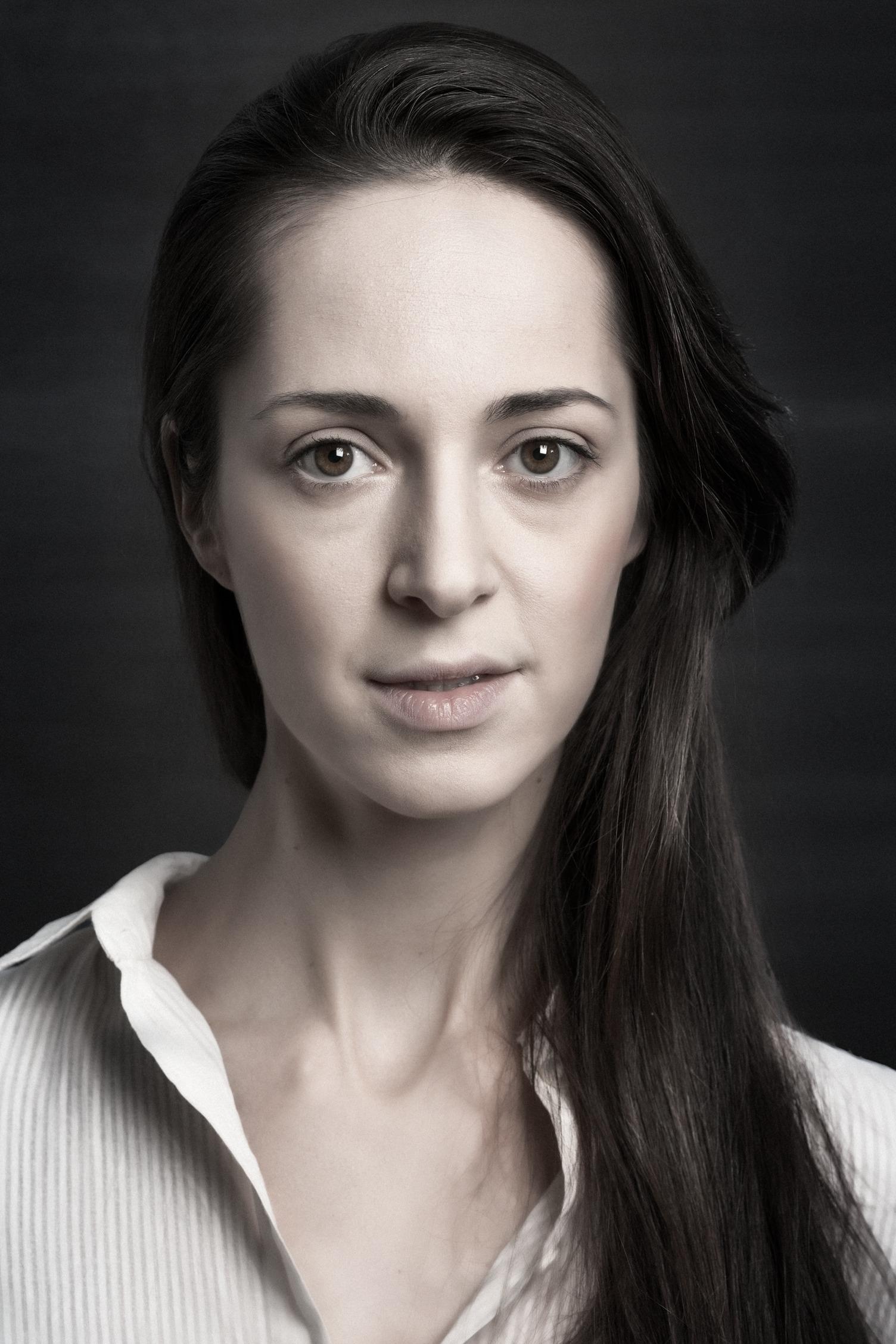

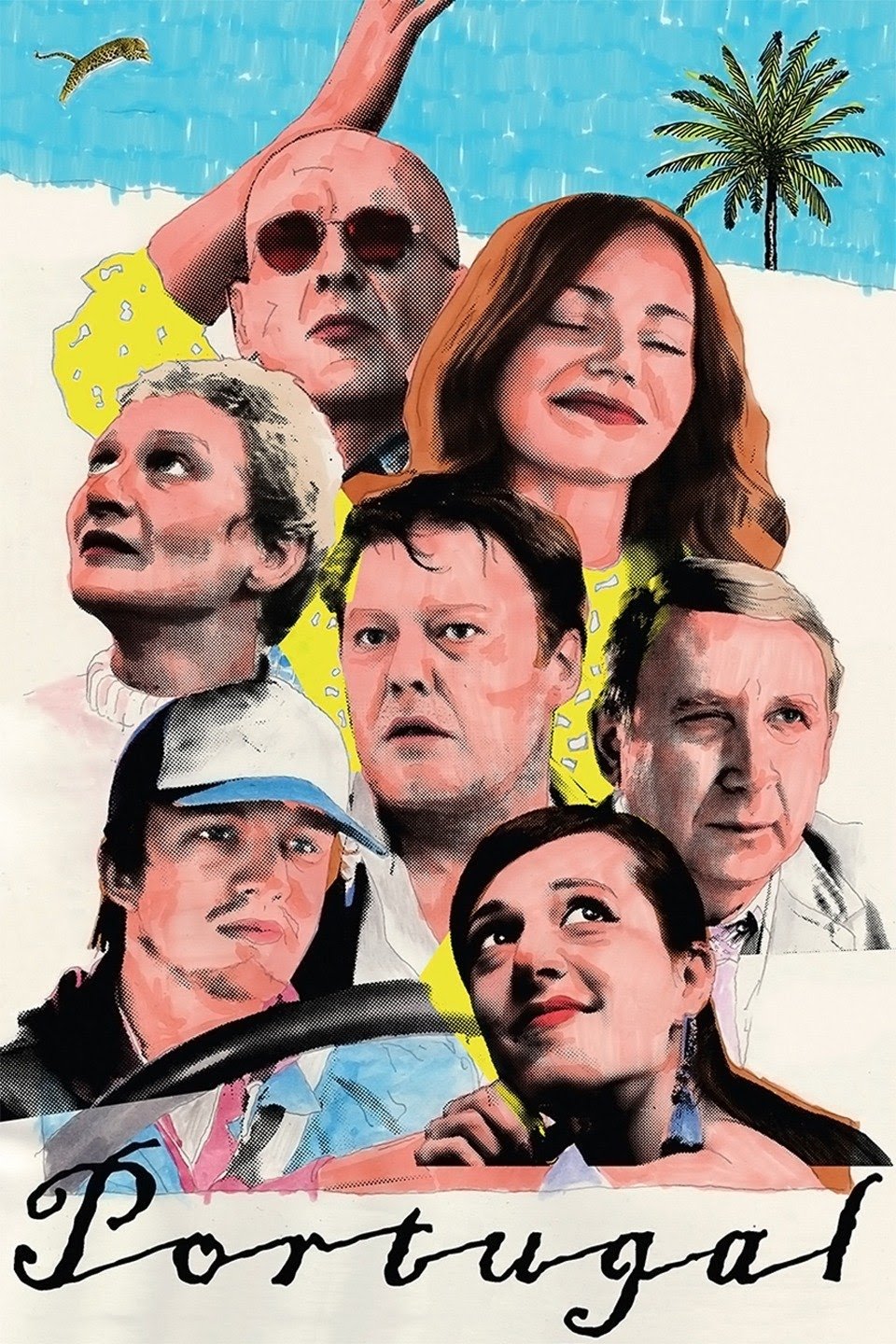
Karina and Martin are in a pleasent relation where everyday life flows in an effortlessly accustomed way and no small misbehaviours can shake it’s rush. Life is good. Perhaps it’s this perfection and frequent patterns that make them finally pose a question – is everything to be expected in life? This is a story about following the yearning of your soul. Longing for something other than the present and having the courage to be deliberately lost.
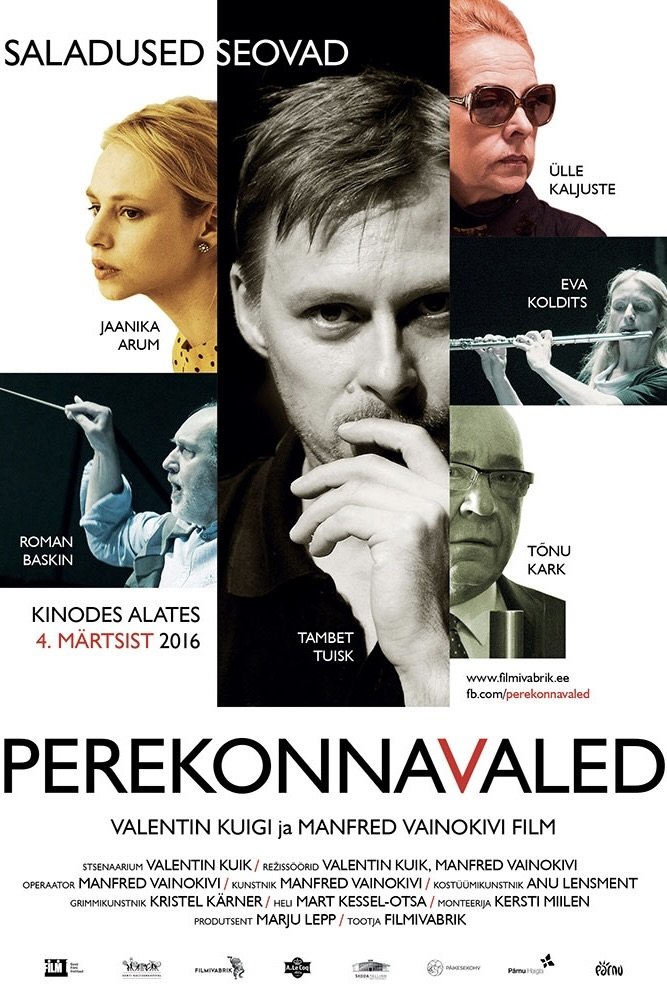
The film is set in a town that has a professional symphony orchestra, managed by authoritarian and confident Paul Levald, who has conducted both the orchestra and his family affairs for years. Due to dramatic events, Paul’s son-in-law Egon Rei must unexpectedly assume his duties. In addition to the baton, power and responsibility as well as the tensions in the orchestra, Egon inherits his father-in-law’s secrets and obligations from his complicated past. New lies are born out of old ones and, at some point, Egon realises that the revelation of truth might cause a real chaos. "Family Lies" by Valentin Kuik and Manfred Vainokivi is a relationship drama about elephants in the bedroom and skeletons in the closet, about small and big deceptions, half-truths and set-ups that can be found in every family’s secret chronicles.
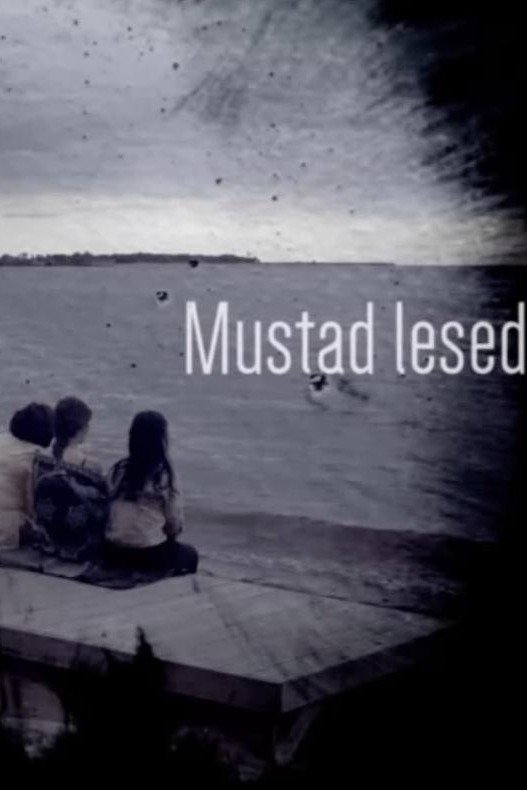
NO75 Unified Estonia was a fictious political movement created by Theatre NO99 that a large portion of the public treated as a real political force. It lasted 44 days, during which various political technologies were introduced. The project ended with Unified Estonia movement assembly, with more than 7500 people attending. It was one of the largest theatre events in contemporary Europe.
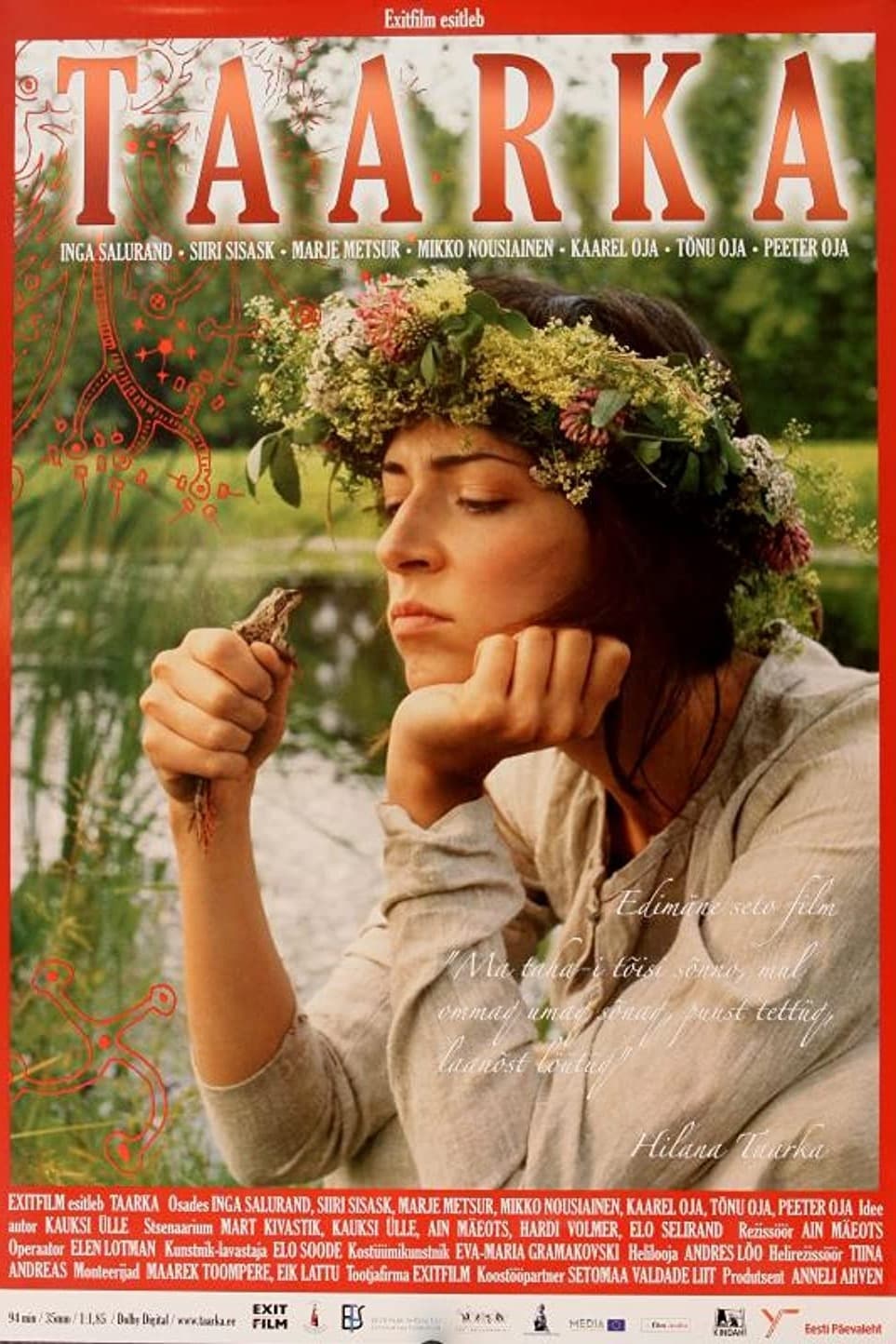
The first film in the Seto language in the world speaks about the brightest heroine of a small people, the folk singer Hilana Taarka, a woman who lived her whole life as an outcast in a small chimney-less hut; as an unmarried mother of children in poverty, begging her bread, doing odd jobs and singing. She always sang the truth, sometimes bitter, sometimes funny, sometimes cruel. She was feared, despised and coveted. Taarka sang throughout her remarkable life, throughout her fate, from a small Seto village to international fame. And she sang well. Really well. Taarka became the Mother of the Song, a legend. But as a woman, as a member of the community, the Seto people never really accepted her. Taarka - a despised woman and a worshiped singer.
Inga Salurand (born August 1, 1983) is an Estonian stage, film, and television actress whose career began in the mid-2000s. Inga Salurand was born and raised in Tartu, where she attended primary and secondary schools. In 2002, she enrolled in the Estonian Academy of Music and Theatre in Tallinn to study acting under instruction of Priit Pedajas, graduating in 2006. Among her graduating classmates were Risto Kübar, Lauri Lagle, Mari-Liis Lill, Laura Peterson, Ursula Ratasepp, Britta Vahur, and Sergo Vares. Salurand's career in television began in 2006, when she was cast in the role of Tuuli/Hele in an episode of the Eesti Televisioon (ETV) crime-drama Ohtlik lend. Later the same year, she became a regular cast member of the TV3 drama series Helena in the role of Triin. In 2008, she played the role of Silvia in the ETV twelve-part television historical-drama mini-series Tuulepealne maa. This was followed by the role of Katariina in the Kanal 2 drama series Saare sosinad between 2012 and 2013, which was filmed in on location in Madeira. Other television roles include several appearances on the TV3 comedy-crime series Kättemaksukontor between 2009 and 2015, and as a cast member in the role of Kirsika Lehtonen on the 2015 ETV drama series Mustad lesed. In 2018 she joined the cast of the ETV ten-part drama series Pank as the character Kelli; which follows the rise and subsequent misfortunes of a new bank that which emerges in Estonia in the 1990s. In 2008, Salurand was cast in a starring role in the Ain Mäeots-directed Exitfilm biographical film Taarka, based on the play of the same name by Kauksi Ülle about the difficult life of Seto folk singer Hilana Taarka. Salurand played Hilana Taarka as a young woman and was one of three actresses to play the role of Taarka in the film at various stages of her life; Siiri Sisask portrayed older adult Taarka and Marje Metsur arjportrayed Taarka as an elderly woman. Taarka has the distinction of being the first feature-length film in the Seto dialect. In 2010, she played a supporting role as Marju in the Andres Puustusmaa-directed Taska Film crime-thriller Punane elavhõbe and followed with the role of Ly in the 2016 Valentin Kuik and Manfred Vainokivi-directed drama Perekonnavaled for Filmivabrik. In 2018, she was cast in the role of Julia in former Estonian Academy of Music and Theatre classmate Lauri Lagle's directorial feature-film debut drama Portugal for Allfilm.
By browsing this website, you accept our cookies policy.